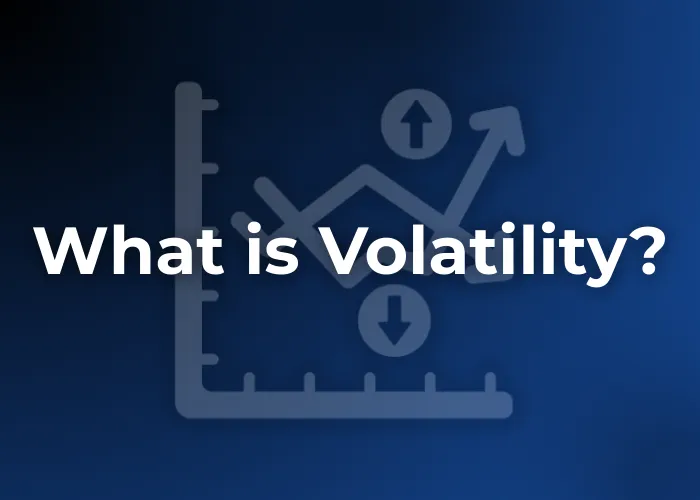
What is Volatility?
What Is Volatility and Why Traders Need to Understand It
The market is risky because of volatility, but it is also where opportunity lies. Volatility in futures trading dictates how quickly and how far prices can move within a specific period. If you do not understand how it works, you are essentially trading blind.
Let’s break down what volatility really is, why it matters, and how traders can leverage it to their advantage.
What Volatility Really Means
Volatility is the rate at which prices move over time. A market with high volatility moves quickly and sharply, while a market with low volatility drifts slowly with minimal price changes.
In futures markets, volatility often comes from:
Economic news and announcements: interest rates, employment data, GDP, and inflation reports
Institutional activity: rebalancing of large portfolios, corporate earnings, and fund flows
Unexpected world events: geopolitical events, natural disasters, or sudden market shocks
Volatility is a double-edged sword. Depending on your trading style and risk management, it can either generate significant profits or multiply losses.
Why Volatility Matters to Traders
Every trading strategy relies on an understanding of volatility.
A scalper thrives on rapid, precise price movements, while a swing trader depends on controlled volatility over several days. Excessive volatility without discipline can lead to emotional trades and substantial losses.
Traders can use volatility to:
Adjust risk management: modify stop-loss distances and position sizing according to market movement
Time entries: plan trades around anticipated news events or volatility spikes
Select the right contracts: choose assets that match your risk tolerance and trading style
Understanding volatility allows you to align your strategy with market conditions rather than react blindly to price swings.
Volatility is the lifeblood of the markets. Rather than fear it, manage it. Mastering volatility makes your trading flexible and precise. Ignoring it can turn even the best setups into unnecessary losses.